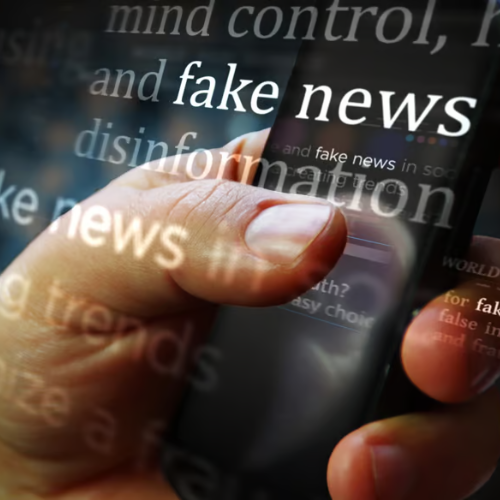A recent investigation by the Philippine Senate has raised serious allegations against the Chinese embassy in Manila. The Senate claims that the embassy was involved in funding a secret online influence campaign aimed at damaging the country’s military and discrediting critics of China.
This campaign, which allegedly targeted the Philippines’ military and some government officials, has raised concerns over the embassy’s actions and sparked calls for sanctions and legal consequences.
According to the Senate investigation, this campaign included the creation of fake social media accounts. These fake accounts were said to be spreading negative messages about the Philippines, its leaders, and its military. The campaign was reportedly active before the Philippine midterm elections, with the intention of influencing public opinion during this crucial time.
One of the most serious claims is that these fake accounts were promoting content against the Philippines’ military, particularly the US-made Typhon missile system, which was deployed in the country last year. The accounts were also said to be spreading posts that painted the Philippine President and his family in a negative light. These actions, if proven true, could have serious diplomatic and legal consequences for the Chinese embassy and its personnel.
Chinese Man Arrested Near Philippine Election Headquarters Over Spy Suspicion
Connection with a PR Company
A company called Infinitus Marketing Solutions is at the center of this alleged disinformation campaign. The company’s CEO has confirmed that the Chinese embassy paid them a significant amount of money for services. However, they have denied any involvement in spreading fake news or running a disinformation campaign. The CEO explained that the money was intended for organizing an event, not for online influence operations.
Despite this, evidence presented during the Senate hearings raised doubts about the company’s claims. A contract was shown to indicate that Infinitus and the Chinese embassy had agreed on a strategy involving online influence operations. According to the report linked to the campaign, fake accounts were used to spread false and misleading content. These accounts allegedly targeted specific individuals, such as a congressman who opposed China’s actions in the South China Sea.
Senators have raised concerns over the authenticity of the contract and the reports shared by Infinitus. They argue that the evidence points to a deliberate and coordinated effort to manipulate public opinion through social media platforms. This, they argue, is a violation of both Philippine law and diplomatic norms.
Deepfake Investment Scams Are Spreading in Philippines—SEC Issues Warning
Calls for Expulsion and Legal Action
The investigation has led to calls for diplomatic sanctions and even the expulsion of Chinese diplomats involved in the alleged operation. Philippine lawmakers, particularly those who have been targeted by the campaign, have urged the government to take action against the embassy’s influence efforts.
Historically, expelling foreign diplomats from the Philippines is a rare move. However, some analysts suggest that this situation could justify such a response if the evidence proves strong enough. There are also discussions about whether legal action could be taken under existing laws. For example, a law dating back 84 years could be used to punish acts intended to harm the morale or discipline of the armed forces during peacetime.
In addition to this, there are concerns that the campaign could be considered a form of cybercrime or even sedition. The Philippines has laws that could apply to online disinformation campaigns, especially those that aim to influence government policy or destabilize the country’s leadership. These laws have not been tested in court in such cases, but experts suggest they may be applicable.
If the allegations are confirmed, the consequences for the Chinese embassy could be severe, including legal charges and the expulsion of key personnel. The investigation has drawn attention to the need for greater scrutiny of foreign influence operations in the Philippines, especially as online disinformation becomes an increasingly powerful tool for political influence.


